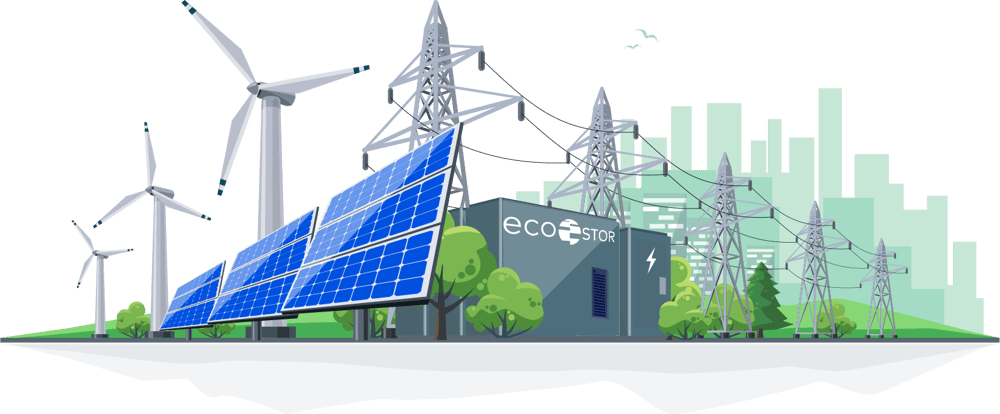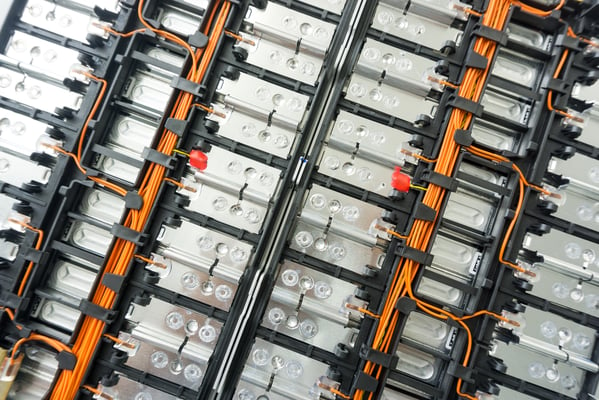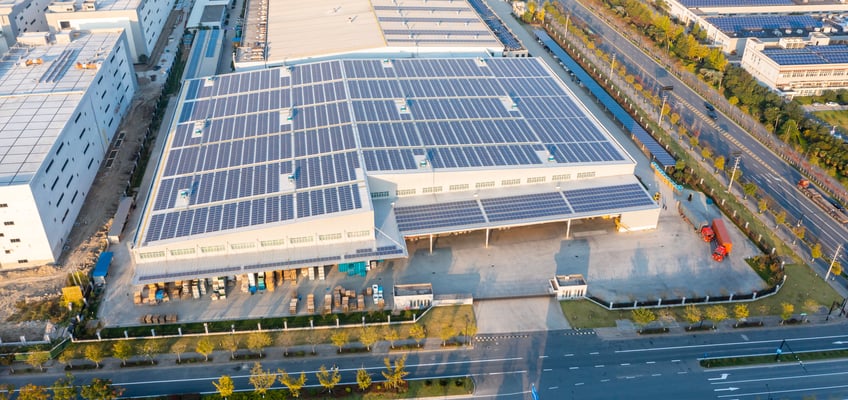
The Economic Revolution: How Renewable Energy is Powering Prosperity
In recent years, a seismic shift has been underway in the global energy landscape. The transition from fossil fuels to renewable sources such as solar, wind, hydro, and geothermal energy is not just an environmental imperative but also a powerful economic opportunity. This transition is not only reshaping how we power our world but also how we create wealth, generate jobs, and foster sustainable growth.
The Rise of Renewable Energy Markets
The traditional energy paradigm, dominated by coal, oil, and natural gas, is being gradually eclipsed by the rapid growth of renewable energy markets. According to Allied Market Research, the global renewable energy market was valued at $881.7 billion in 2020 and is projected to nearly double to $1.98 trillion by 2030. This growth trajectory represents not just a technological revolution but a fundamental restructuring of the global economy.
Job Creation and Economic Growth
One of the most compelling economic arguments for renewable energy is its job creation potential. The International Renewable Energy Agency (IRENA) forecasts that global renewable energy jobs will skyrocket from 12 million in 2020 to 38 million by 2030 and 43 million by 2050. This surge in employment spans a wide range of sectors, from manufacturing and construction to engineering and research.
Moreover, renewable energy investments have a multiplier effect on the economy. For every dollar spent on renewable energy projects, more jobs are created compared to investments in fossil fuels. This job creation extends beyond urban centers, benefiting rural communities through the development of wind farms, solar installations, and bioenergy facilities.
Cost Savings and Competitiveness
Contrary to conventional wisdom, renewable energy is not just environmentally friendly; it's also economically advantageous. The production of renewable energy is becoming increasingly cost-effective, outcompeting fossil fuels in many regions. Solar and wind energy, in particular, have witnessed dramatic cost reductions in recent years, making them the cheapest sources of new electricity generation in many parts of the world.
Renewable energy also enhances energy security and reduces reliance on imported fossil fuels, thereby insulating economies from volatile global energy markets. Countries that invest in renewable energy infrastructure gain a competitive edge in the emerging green economy, attracting investment, spurring innovation, and fostering economic resilience.
Corporate Leadership and Market Dynamics
Corporate giants are increasingly embracing renewable energy as a strategic business decision. Companies like Google, Microsoft, and Apple are not only reducing their carbon footprint but also capitalizing on the economic benefits of renewable energy. By investing in solar arrays, wind farms, and energy-efficient technologies, these corporations are cutting costs, enhancing brand reputation, and future-proofing their operations against regulatory risks.
Furthermore, the rise of corporate power purchase agreements (CPPAs) is transforming energy markets. CPPAs enable businesses to directly procure renewable energy from generators, locking in long-term fixed prices and hedging against future energy price volatility. This shift empowers businesses to take control of their energy destiny, reduce operational expenses, and demonstrate environmental stewardship to consumers and investors alike.
A Blueprint for Prosperity
The transition to renewable energy is not just about saving the planet; it's about building a more prosperous and sustainable future. By harnessing the economic opportunities presented by renewable energy, nations and businesses can create jobs, drive innovation, and unlock new pathways to prosperity.
As we navigate the challenges of climate change and energy security, renewable energy stands as a beacon of hope and opportunity. By embracing this transition wholeheartedly, we can not only safeguard our planet for future generations but also unleash the full potential of a green economy that works for all.




